200 years of fighting unionism.
Our Mission
FTQ-Construction’s is mandated with negotiating collective agreements in the construction industry’s subsectors (residential, industrial, commercial and institutional, civil engineering and roadwork) and ensuring their application. Beyond this traditional duty, FTQ-Construction strives to take part in public debate relevant to the workers it represents.
FTQ-Construction believes that all construction workers have the right to:
- Employment that is dignified and respectful of their physical and mental health and safety.
- A decent income that enables them to pay for their housing, food, clothing, travel expenses and, more generally, adequately support themselves
- A job that is professionally and personally fulfilling.
- The right to demand that:
- the society in which they live and that they help build give its members access to quality education, training, health services and income security, and set up all the other social programs needed to improve quality of life for all citizens.
- the society ensure all citizens benefit from a retirement in which their basic needs are met.
- these programs remain public and that the government stops delegating its responsibilities to the private sector, which does not adhere to the government’s social mission. Since a government in decline is unable serve the interests of the general population, the government must make use of its powers to conserve the supervisory and regulatory bodies that level social disparities.
For FTQ-Construction, it is not too much to ask that its members and all of society have the right to be born and grow in a society that upholds their inalienable rights and enables them to reach their full potential.
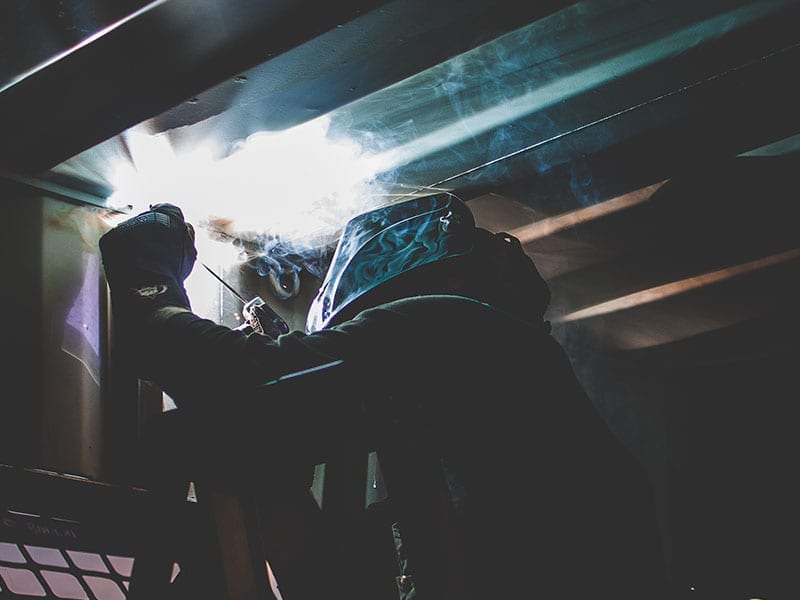
Industry
The construction industry : economy and labour
Economy
With its wide range of expertise, high labour demand and considerable contribution to the economy, construction continues to be a leading industry. It has some 140,000 workers and over 21,000 employers. All trades considered, it represents 1 in every 25 jobs across the province. Injecting over $30 billion into Quebec’s economy each year, the construction industry has no choice but to grow from truly solid foundations.
With its four sectors (residential, institutional and commercial, industrial, civil engineering and roadwork), the construction industry has no less than 26 trades and 32 occupations. To meet industry requirements and the specific needs of its workers, each sector has its own collective agreement. The industry’s diversity opens it to job markets and helps it meet Quebecers’ various needs, from home renovations to hospital retrofits, and from major hydroelectric projects to extensive roadwork.
In short, the construction industry has a bright future. Let’s keep it on the right track!
The reality
Unfortunately, the construction industry does face some challenges: economic cycle-related instability, high rates of worker turnover, chronic unemployment, seasonal or region-specific jobs, etc. FTQ-Construction is making efforts to balance the scales and plan solutions that will ensure better conditions for all workers. It has made it its mission to improve different aspects of the industry, namely occupational health and safety, union education, professional training, income security, promotion of the Fonds de formation (training fund), regional presence through union action committees (UAC) and organizing actions on job sites.
Aware of the construction industry’s realities, the union does all it can to prevent and fix cracks in the system. Ongoing insecurity, risk of injury, illness and death, large imbalances in supply and demand and many more conditions drive FTQ-Construction to equip itself with the necessary action and mobilization tools to improve conditions for construction workers.
Professional Training : A foot in the door
Getting a diploma of vocational studies (DEP) is still the best way get into the construction industry. Public education (an important social achievement in the eyes of the union) provides workers with a certificate of competency and recognized training in their trades. This certificate also ensures that workers have the same qualifications, which ultimately improves job trends. FTQ-Construction encourages its members to obtain a diploma of vocational studies to even out the industry’s fluctuations in supply and demand.

Our History
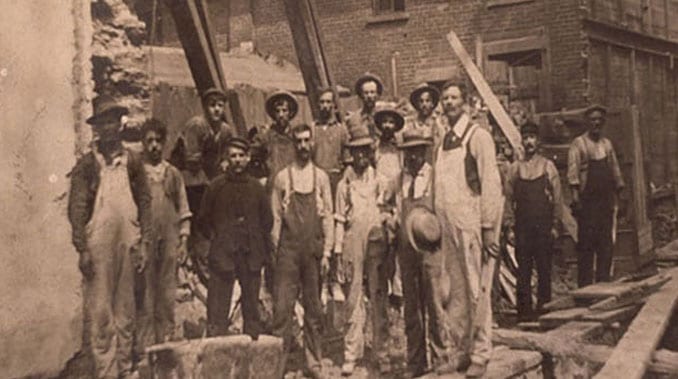
Beginning of Quebec construction unionism
1833: For the first time, carpenters, bricklayer, and stone-cutters regrouped to fight for a limit of hours.
1834: Carpenters join and found the Montreal Trade Union, first workers association of Canada.
1897: The international construction unions found the Montreal Federal Trade and Workers Council.
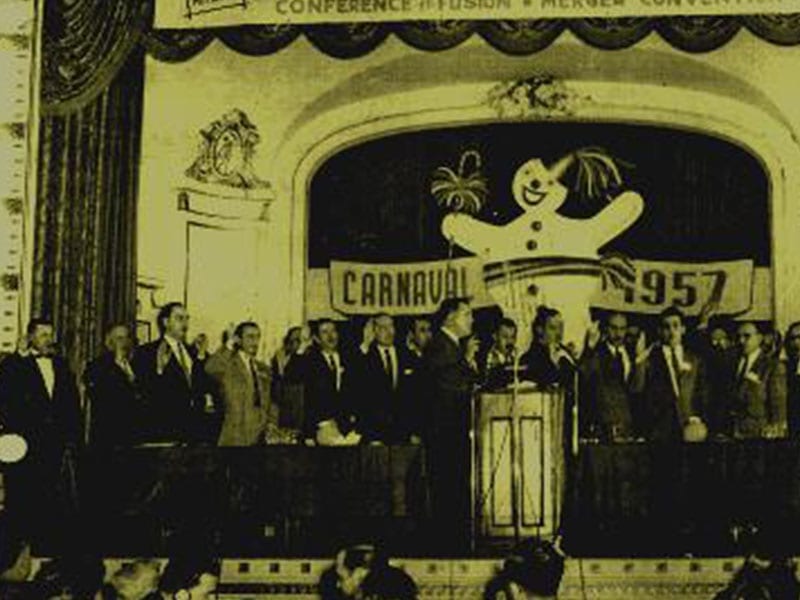
The FTQ Construction before the FTQ Construction
During the XXth century, the construction industry was divided between international trade unions and industrial and catholic unions.
1957: Quebec international trade unions from all industries decided to put their strength together and form the Federation des Travailleurs du Québec (FTQ)
Within the FTQ, building trades are united among the Provincial Building Trade Council-FTQ (CPQMC-FTQ).

Bill 290
1968: The government relaised the Labour Code was not adapted to the Building industry.
The Bill 290 was adopted to exclude all Construction from the labour code and create a separate unique judicial regime: national wide unique negociation for all the industry for all trades.
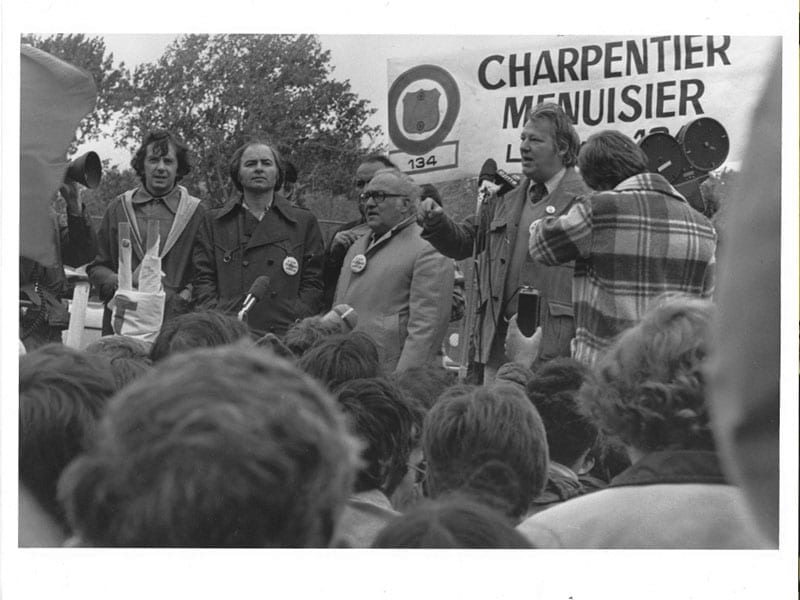
The Cliche Commission
1974-1975: After the Bay James incident, the government formed the Cliche Commission on the «liberty in construction labour practices». While they said they were trying to reduce the tension between the FTQ and CSN, the governement used the commission to reduce union freedom and reinforce employers power. The FTQ and CSN joined into denouncing the results of the commission.
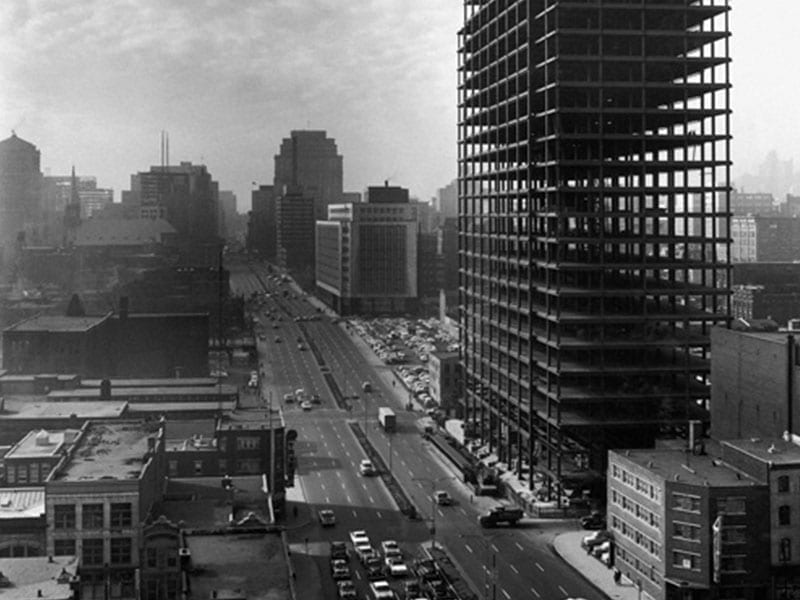
The Eve of the FTQ Construction as we know it
In the 70’s, many exclusively provincial unions are created in Quebec. At the CPQMC-FTQ, there is a dispute between exclusively provincial unions and international unions. In 1980, the FTQ Construction was divided.
1979: the international unions ask the FTQ Construction to exclude the provincial unions.
1981: The CPQMC and the FTQ Construction split into two separate unions: those with international ties, those that are exclusively provincial.

Fonds de solidarité FTQ
1983: To fight against the recession, Louis Laberge, president of the FTQ Construction, propose to create an investment fund to secure jobs in Quebec.
Today, the Fonds has become one of the flagships of the Québec economy. Currently managing net assets of $14.3 billion, it contributes in a sustainable manner to Québec’s economic development. The Fonds relies on the strength of a vast network of more than 2,839 partner companies across the province and on the solidarity of 667 417 shareholders-savers.
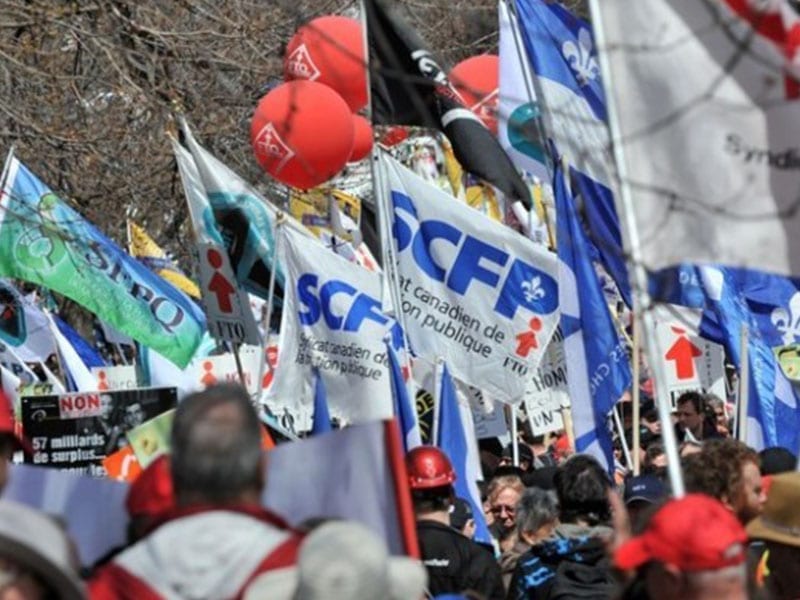
The vangard of all battles for the Building industry
1991-1993: Fight against the dereglementation of the residential sector
1993: Building industry summit of Quebec
2000-2015: Fight against the federal destruction of the Employment insurance
2013: Creation of a Construction women workers committee

